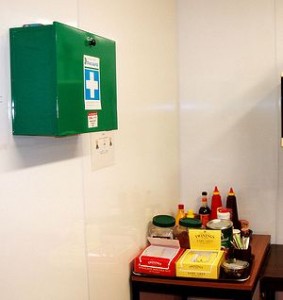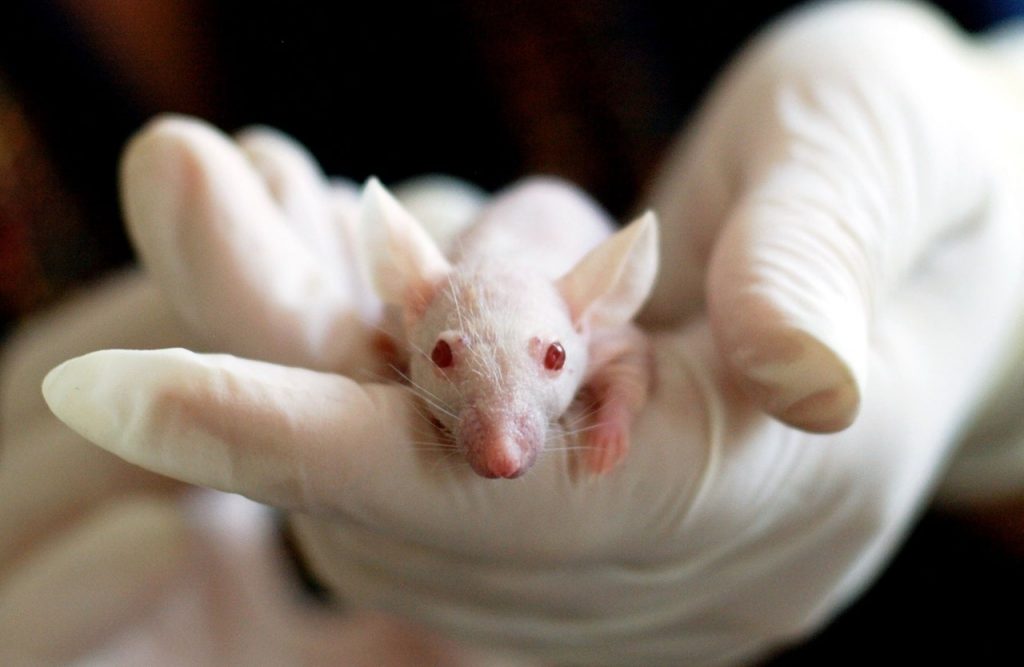5 Pieces of Equipment Essential to Starting Up a Medical Lab
As technology advances, today’s medical and clinical labs are continually being pushed to conduct more complex procedures. There are several benefits to having the right equipment in your medical lab startup, including saving you time and money in the long run. You’ll be able to run more tests and trials, conduct additional research, analyze data or accomplish more with those savings.

Just like when starting a business, you need some pieces of medical equipment when starting up a medical lab. There are certain pieces of equipment that have been proven time and time again to be valuable and necessary in a laboratory setting. No laboratory can function properly without the use of these pieces of equipment.
When starting up a medical lab, don’t bother with all the fancy new devices that are just the same old technology in a new package. Instead, outfit your laboratory with this essential equipment and get it running.
1. Microscope
A microscope is needed since many organisms cannot be observed with the naked eye. Microscopes are used in various settings in research, scientific, and pathological laboratories.
Laboratory technicians use microscopes to increase their range of view and conduct more in-depth analyses of samples for diagnostic and research reasons. Microscopes come in wide varieties, from the most basic microscopes used at home to the most advanced light microscopes used for biological research. They can also be useful for research purposes. Not least when thinking about how humans react to different biochemical elements. For example, if working in mycology with jack frost spores from SporesMD to see how fungi may help in treating patients, microscopes are key. After all, continued research and deeper understanding can only aid the cause.
2. Medical Refrigerator
Biological samples must be kept in a cold atmosphere to avoid degradation. Therefore, refrigeration is a must in any laboratory to maintain a steady temperature and limit the likelihood of bacterial contamination. The refrigerators should also have many distinct compartments to keep samples from being cross-contaminated.
For applications that require up to -196°C, such as cryopreservation of tissues, embryos, organelles, eggs, sperms, cells or any other biological constructs, a
cryogenic freezer or a Lab 10 nitrogen tank can come in handy.
These specialized freezers are designed to safely store biological materials at extremely low temperatures, ensuring long-term preservation without compromising sample integrity. Cryogenic freezers are often essential for research in fields such as stem cell research, fertility preservation, and regenerative medicine. They help scientists and medical professionals store valuable biological materials with minimal risk of damage or contamination. This has supported groundbreaking advancements in science and health.
3. Receptacles and Glassware
Laboratory workers require glassware to complete all needed experiments and examinations.
Also, they need somewhere to keep their liquid samples, tissues and cultures. Professional labs should therefore have a wide variety of containers, such as flasks, test tubes, and Petri dishes. There would be little progress in the medical lab startup if they weren’t there.
4. Autoclave or Steam Sterilizer
Sterilization of glassware, media, instruments and tools is essential in any lab. Therefore, it is vital that you have a steam sterilizer or an autoclave. Steam sterilizers and autoclaves use high heat and pressure to disinfect medical instruments.
Due to the risk of contamination and the safety of everyone working in the laboratory, either of these two pieces of equipment are a must have in any laboratory. Autoclaves and steam sterilizers are also used to sterilize laboratory waste because releasing infectious waste into the environment is a quick way to spread disease.
5. Personal Protective Equipment (PPE)
Laboratory accidents are directly related to the amount of work and chemicals used at any moment. If lab technicians aren’t cautious when working in the lab, they could be exposed to dangerous infectious diseases, chemical burns, chemical inhalation and physical injuries. Personal protective equipment in the lab can mean the difference between life and death.
6. Security Measures for Equipment
When you’re working in the medical sector, it’s highly likely that you’ll be dealing with extremely sensitive data that needs to be protected. You could be protected client data or important findings that cannot be shared in the public domain yet. Your software, computers and other important pieces of medical equipment may need some additional security to give you and your stakeholders peace of mind. Finding out more about medical device cybersecurity should be your first port of call, especially as it could help to protect your business and prevent future threats. As your business grows bigger it will become more of a target to cyber attackers, so it’s important to take action sooner rather than later.
Depending on the lab’s goals, different PPE can be used. Lab coats, respiratory gear, safety glasses, face masks, gloves, and eye wash stations are just a few safety supplies used in laboratory settings and are the basics needed for your medical lab startup.

